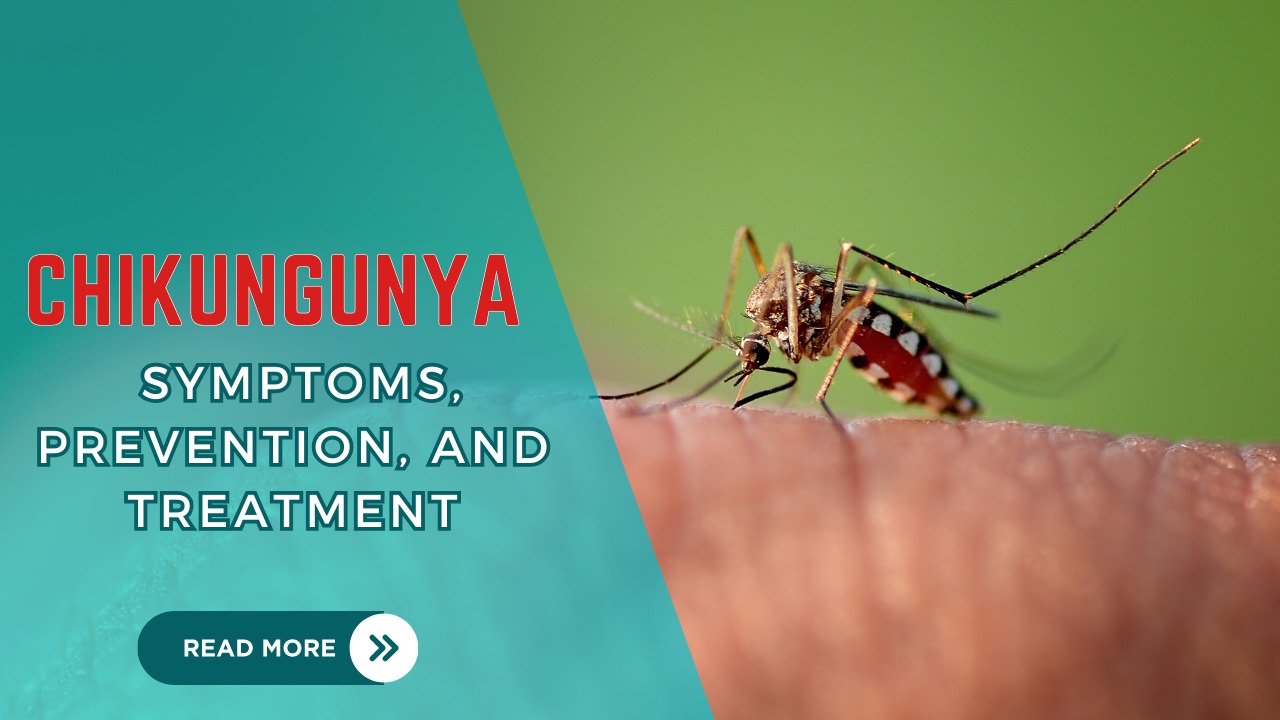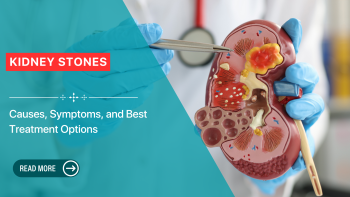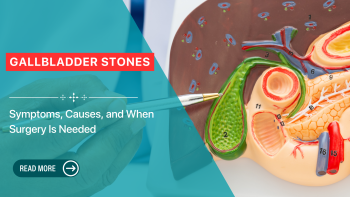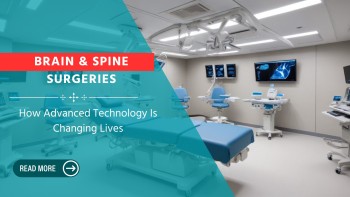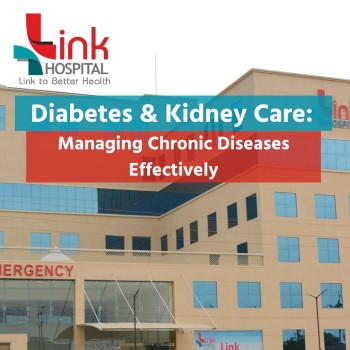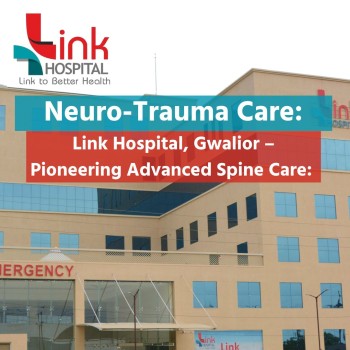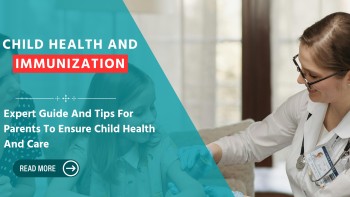Chikungunya is an increasingly
significant viral disease transmitted by Aedes mosquitoes. This blog provides a
detailed overview of Chikungunya, including its symptoms, prevention methods,
treatment, and post-recovery precautions. Additionally, we highlight Link
Hospital in Gwalior as a premier multispecialist hospital for managing and
treating this disease.
What is Chikungunya?
Overview
Chikungunya is caused by the Chikungunya
virus (CHIKV), which is transmitted primarily by Aedes aegypti and Aedes
albopictus mosquitoes. The name "Chikungunya" comes from the
Kimakonde language, meaning "to become contorted," referring to the
stooped appearance of sufferers with joint pain. These mosquitoes are most active during the
day, particularly in the early morning and late afternoon.
Symptoms
The incubation period for Chikungunya
ranges from 4 to 8 days after the mosquito bite. Symptoms can be severe and
include:
●
High Fever: Often abrupt and can persist for
several days.
●
Severe Joint Pain: Joint pain is a hallmark
symptom and can be debilitating, affecting hands, feet, and knees.
●
Headache: Persistent headaches are common.
●
Muscle Pain: Generalized muscle aches
throughout the body.
●
Rash: A red rash may appear, often alongside
other symptoms.
●
Fatigue: Extreme tiredness and weakness can
accompany the illness.
How to Prevent
Chikungunya
Personal Protection
To minimize the risk of Chikungunya,
follow these preventive measures:
●
Use Insect Repellent: Apply repellents
containing DEET, picaridin, or oil of lemon eucalyptus on exposed skin.
●
Wear Protective Clothing: Long sleeves, long
pants, and socks can help reduce mosquito bites.
●
Use Mosquito Nets: Especially important for
those in high-risk areas.
Home and Community Measures
●
Eliminate Standing Water: Mosquitoes breed in
stagnant water. Regularly empty, cover, or treat containers holding water.
●
Install Screens: Fit windows and doors with
screens to prevent mosquitoes from entering your home.
●
Use Mosquito Coils and Vaporizers: These can
reduce mosquito activity indoors.
● Community Clean-Up: Participate in or organize community clean-up drives to eliminate mosquito breeding sites.
Treatment and Management
Medical Care
There is no specific antiviral treatment
for Chikungunya. Management focuses on relieving symptoms and preventing
complications:
●
Pain Relief: Medications like acetaminophen
(paracetamol) can help manage fever and joint pain. Avoid nonsteroidal
anti-inflammatory drugs (NSAIDs) as they can increase the risk of bleeding.
●
Hydration: Drink plenty of fluids to stay
hydrated and help the body recover.
●
Rest: Adequate rest is crucial for recovery
and to prevent further complications.
When to Seek Medical Attention
Consult a healthcare provider if you
experience severe symptoms or if symptoms worsen. Medical evaluation is
essential to rule out other diseases and receive appropriate treatment.
Post-Recovery Precautions
After recovering from Chikungunya, taking
the following precautions can aid in a full recovery and prevent relapse:
●
Continue Hydration: Maintain a good level of
hydration as it helps in the recovery of joint pain and fatigue.
●
Gradual Return to Activity: Slowly reintroduce
physical activities and avoid overexertion to prevent relapse.
●
Joint Care: Incorporate gentle stretching and
physical therapy to alleviate joint pain and stiffness.
●
Monitor for Persistent Symptoms: Some
individuals may experience lingering symptoms such as joint pain. Regular
follow-ups with a healthcare provider are advisable.
●
Prevent Future Infections: Continue practicing
mosquito bite prevention strategies to avoid re-infection or new outbreaks.
Why Choose Link Hospital
in Gwalior?
Leading Multi specialist Care
Link Hospital in Gwalior is renowned for
its comprehensive care in treating Chikungunya and other health conditions.
Here’s why it stands out:
●
Expert Team: The hospital features a team of
skilled doctors and specialists dedicated to accurate diagnosis and effective
treatment.
●
State-of-the-Art Facilities: Equipped with
advanced diagnostic and therapeutic tools, Link Hospital provides high-quality
medical care.
●
Patient-Centered Approach: Emphasizing
personalized care, the hospital addresses individual patient needs and
concerns.
●
Emergency Services: With 24/7 emergency
services, Link Hospital is well-prepared to manage urgent medical situations.
Comprehensive Chikungunya Care
Link Hospital offers:
●
Accurate Diagnosis: Utilizing advanced
diagnostic tools to confirm Chikungunya and assess its severity.
●
Effective Treatment: Providing appropriate
symptom management and supportive care.
●
Post-Recovery Support: Offering follow-up
consultations and guidance to ensure complete recovery and manage any lingering
symptoms.
Conclusion
Understanding Chikungunya, its
prevention, and treatment options is crucial for protecting yourself and your
loved ones. By following preventive measures and seeking prompt medical care,
you can manage the disease effectively. For expert care and comprehensive
treatment, Link Hospital in Gwalior is a leading choice, offering top-notch
medical services and support throughout your recovery journey.
For more information or to schedule a
consultation, visit Link Hospital Gwalior today.
